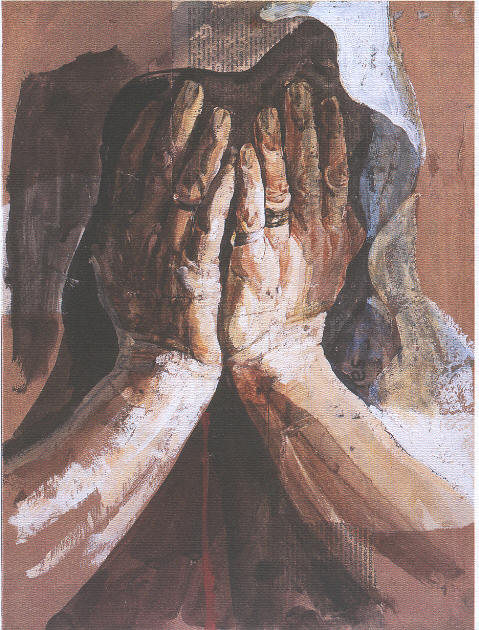 |
Netherlands in the dock over Bosnia massacre
by Ian Traynor, Zagreb
 Bosnian survivors of the first act of genocide in Europe since the Holocaust, the Srebrenica massacre of 1995, went to court on 12 May 2005 seeking to prove illegal conduct by the Dutch peacekeeping troops who stood aside while Serb forces butchered the male inhabitants of the enclave. The district court in The Hague opened hearings to decide whether the suit, brought by the family of a Bosnian victim of the July 1995 atrocities, Rizo Mustafić, should proceed to full trial. Bosnian survivors of the first act of genocide in Europe since the Holocaust, the Srebrenica massacre of 1995, went to court on 12 May 2005 seeking to prove illegal conduct by the Dutch peacekeeping troops who stood aside while Serb forces butchered the male inhabitants of the enclave. The district court in The Hague opened hearings to decide whether the suit, brought by the family of a Bosnian victim of the July 1995 atrocities, Rizo Mustafić, should proceed to full trial.
If the pioneering case succeeds, there are likely to be demands for financial compensation and it could presage a wave of litigation against the Netherlands by Srebrenica victims, relatives of the dead, or Bosnians employed by the Dutch peacekeeping contingent. Lawyers for some of the victims have previously failed to reach an out-of-court settlement with the Dutch government, demanding around £27,000 for each of the 7,942 dead, or missing presumed dead, recorded by the Bosnian government. Liesbeth Zegveld, the Dutch lawyer representing the Mustafić family, said the compensation question was secondary. ‘This is about justice, not about money,’ she said.
Rizo Mustafić was a Bosnian Muslim electrician employed by the Dutch peacekeepers for 18 months in Srebrenica. He took refuge in the Dutch military compound with his wife and three children when the Serbs overran the enclave in July 1995. They remained there for three days, assuming they would be protected, but were ordered out by a Dutch officer, Berend Osterveen, who told the hearing yesterday that he could not remember the incident. Mr Mustafić disappeared immediately after being forced to leave the compound and was then murdered. ‘It was a complete mess there, but there was also a [Dutch] policy, spoken or unspoken, to get rid of everyone,’ said Ms Zegveld. The officer told the hearing the Dutch troops felt ‘frustrated, defeated, and powerless’ as the Serbs overran the enclave, picked out the males and drove them away to their slaughter.
The enclave of Bosnian Muslims in the midst of Serb-held eastern Bosnia was overrun in July 1995 by the forces of the Serb commander, Ratko Mladić. In 1993 the enclave had been declared a UN safe haven, guarded by 200 lightly armed and ill-prepared Dutch troops. The shame of Srebrenica has haunted the Netherlands ever since. The lawyer for the Dutch government, Meine Dijkstra, told reporters there had been no illegal conduct by the Dutch and that the victims' demands for compensation should be directed not to the Netherlands, but to Serbia. The preliminary hearings are expected to last two months.
This report appeared in The Guardian (London), 13 May 2005
|